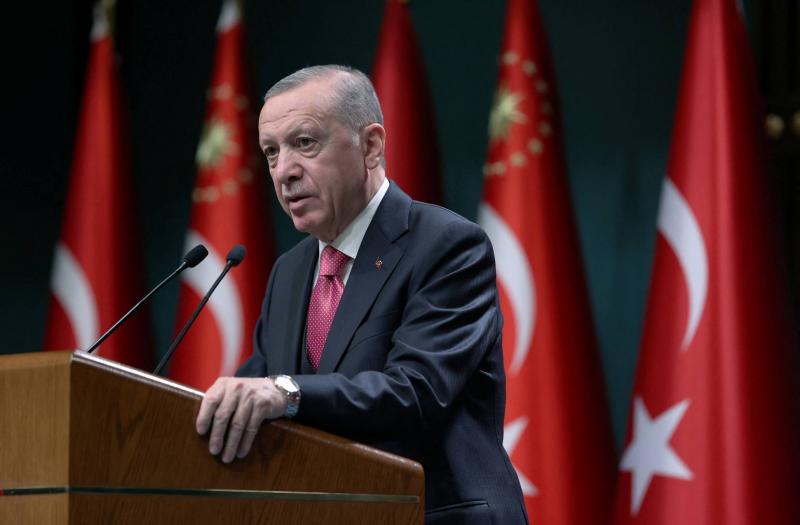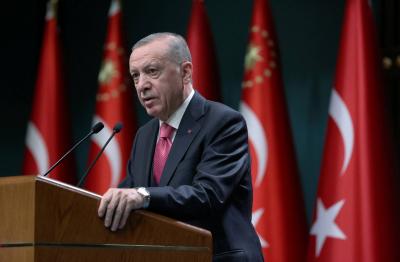Informed sources and analysts reported that the refusal of former Turkish economy chief Mohammed Şimşek to return to politics has prompted the ruling party, led by President Recep Tayyip Erdogan, to hastily rebuild its economic credibility ahead of important elections in less than two months. Sources revealed that Erdogan, who has led Turkey for two decades and currently ranks low in polls ahead of the May 14 elections, personally urged Şimşek to return to the government in a key role. Some members of the Justice and Development Party wanted Şimşek to defend the party's recent call for more free market policies, following years of unorthodox economic policies under Erdogan that harmed the Turkish lira and exacerbated inflation.
However, after a meeting on Monday at the party's headquarters, Şimşek, respected by international investors, stated on Twitter that he is not interested in working in "politics" after resigning from his position as Deputy Prime Minister in 2018. He added that he is willing to provide any support in his field. Analysts and investors say these developments illustrate the difficulty the government faces in recapturing support due to policies that contributed to the rising cost of living and left the economy and financial markets largely under state management.
Ertan Aksoy of Aksoy Research stated, "Şimşek's refusal to unify ranks is neither the first nor the last indicator of shrinking support for the government." After the meeting, Justice and Development Party spokesperson Ömer Çelik stated that Erdogan did not offer Şimşek an official position, but "all party mechanisms and responsibilities" are available to him. A senior government official noted that the Justice and Development Party is somewhat divided, with some members opposing Şimşek's return, describing the meeting's outcome as "undesirable." The party may now need to review its economic program before the election campaign.
The Justice and Development Party declined to comment on the possibility of reviewing its economic strategy ahead of the vote, and Şimşek also refused to comment on his meeting with Erdogan.
**Diminishing Support**
Erdogan's determination to lower interest rates to stimulate economic growth led inflation to rise above 85 percent last year. The lira has lost 80 percent of its value against the dollar over the past five years, a period during which foreign investors largely fled the large emerging market. Estimates suggest that the economic cost of the devastating earthquakes in southern Turkey on February 6 was around $104 billion, intensifying pressure on the economy.
The opposition bloc, which has vowed to reverse Erdogan's economic policies, received a boost on Wednesday when a major Kurdish-friendly party announced it would not field a presidential candidate, raising prospects for support. Recent polls conducted by the MAH and Turkey Raporu polling centers showed that opposition presidential candidate Kemal Kılıçdaroğlu leads Erdogan by four to nine percentage points.
Despite describing himself as an "enemy" of interest rates, Turkish President Erdogan has occasionally shown support for free market policies in recent years. However, he later shifted his tone again and adopted a model prioritizing production, exports, and targeted cheap credit.




